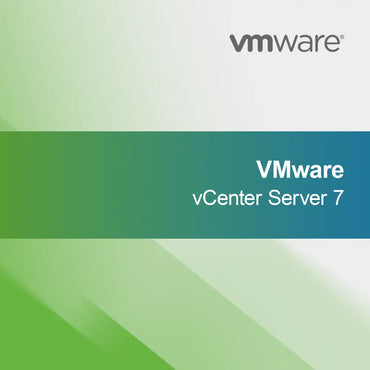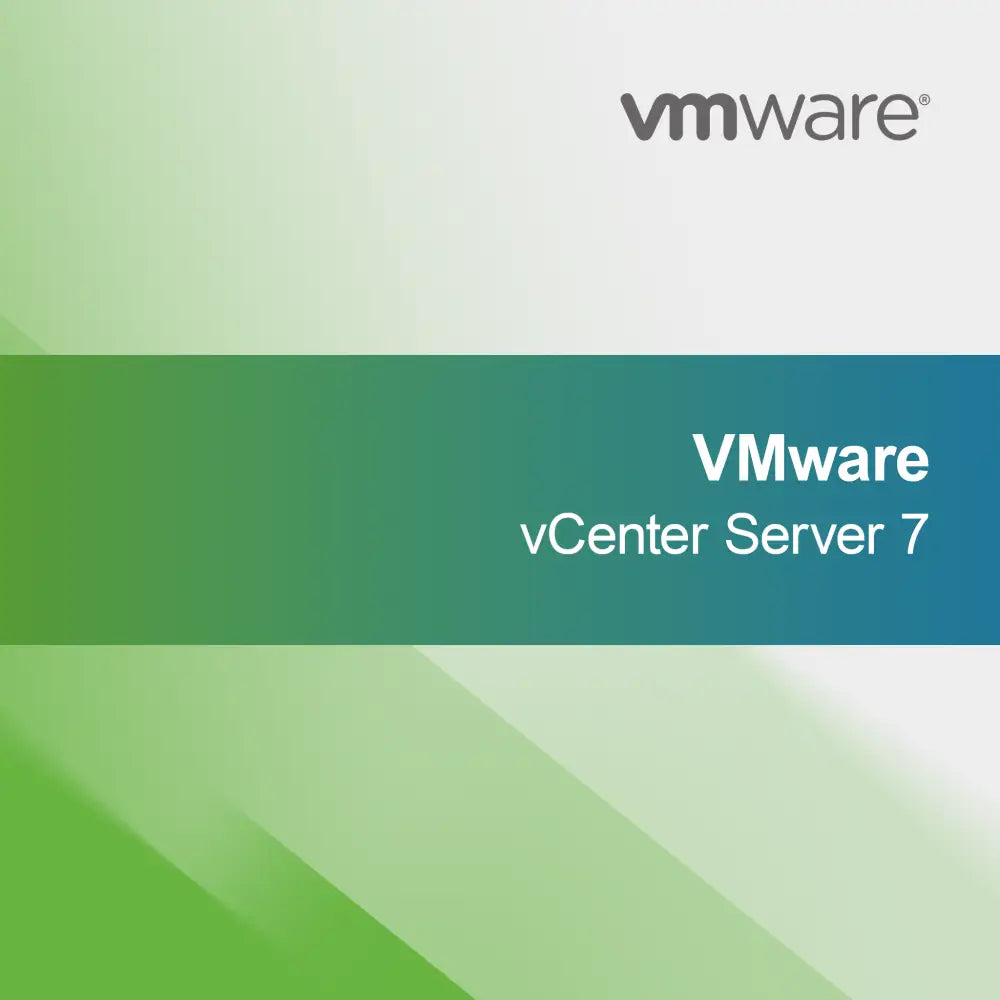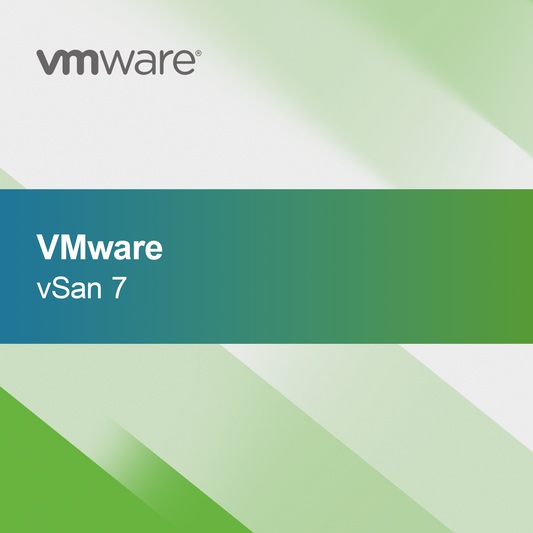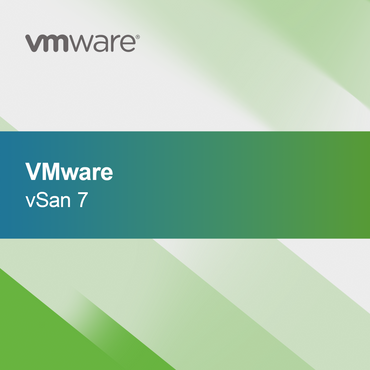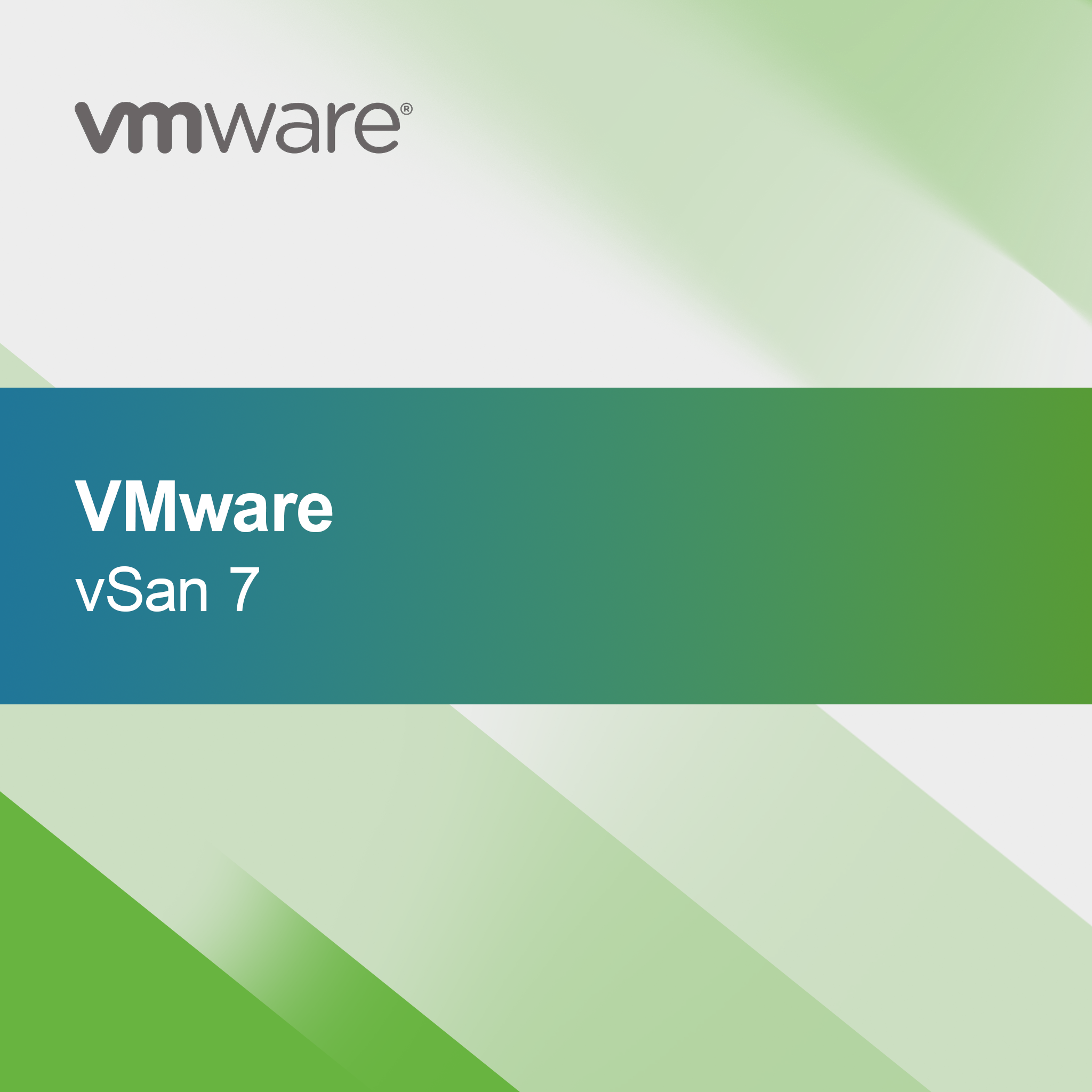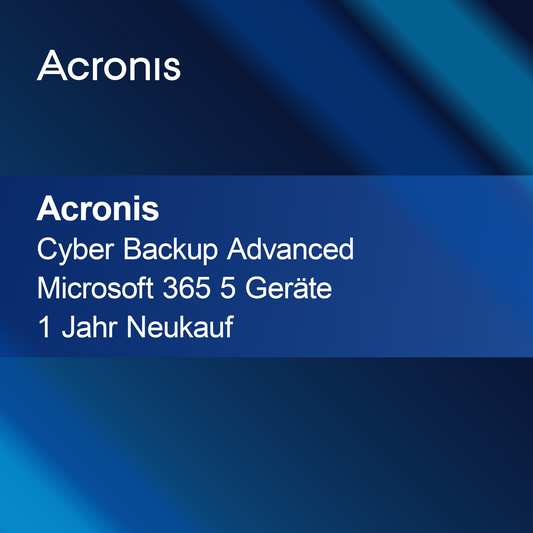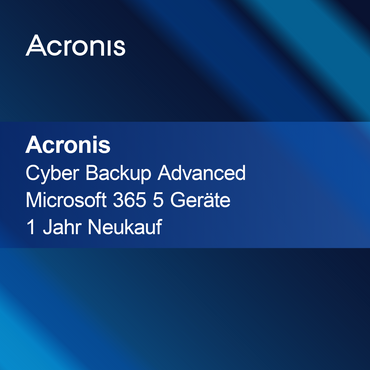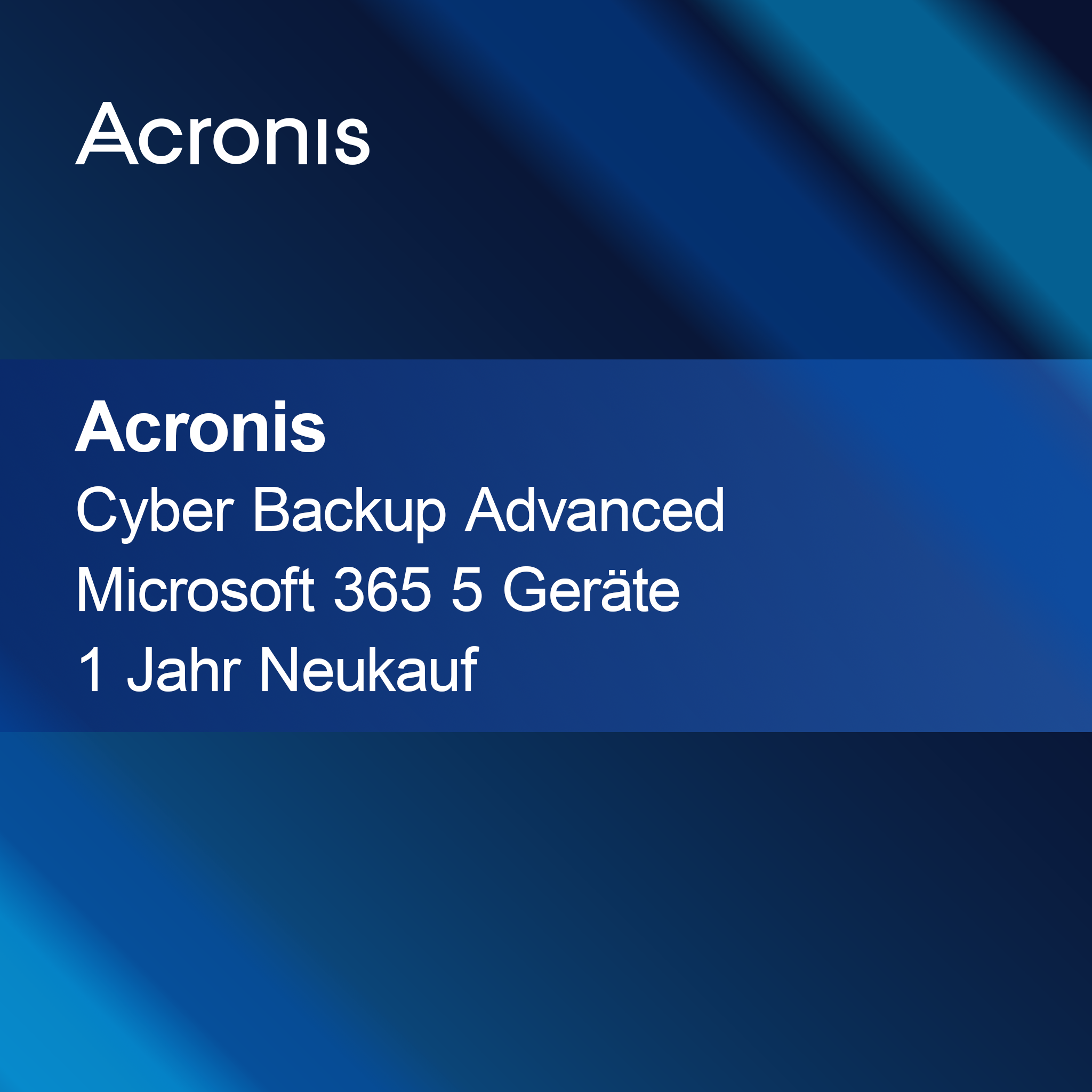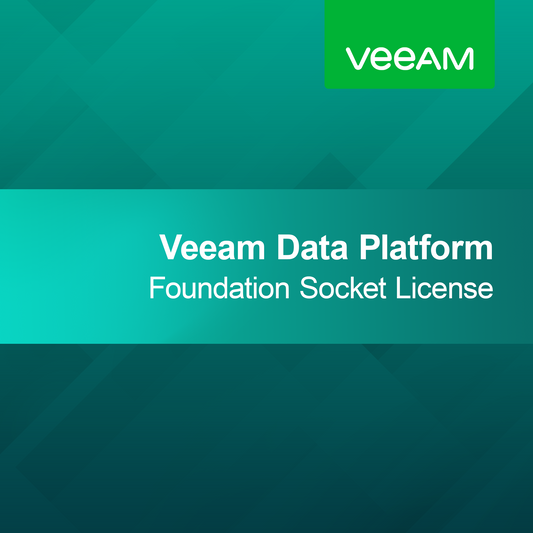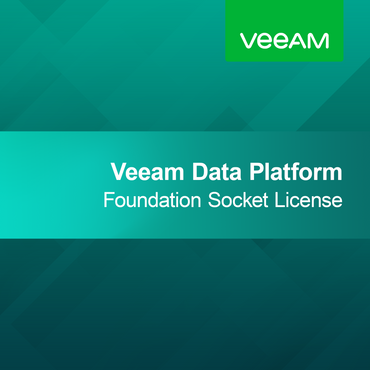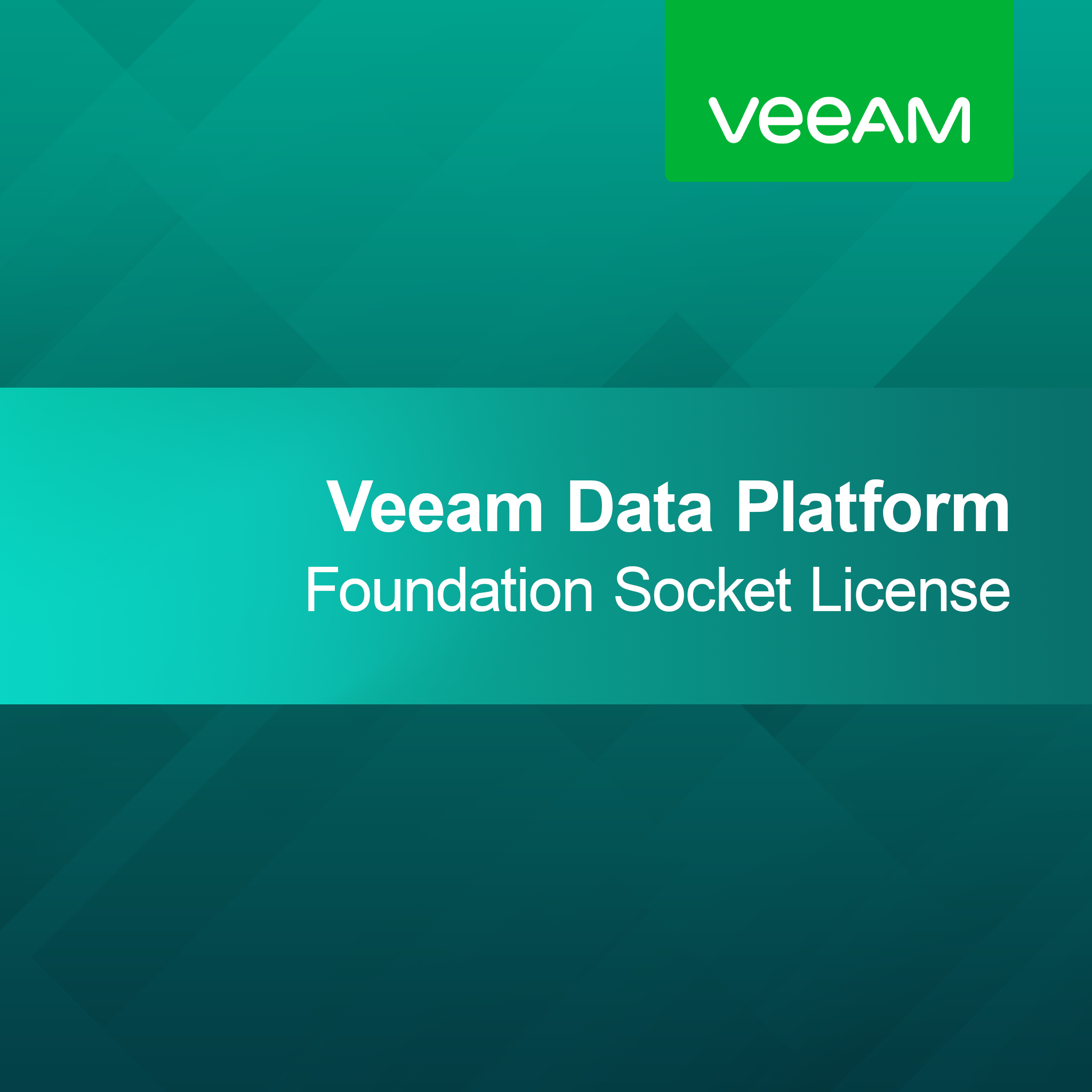-
VMware vRealize Operations 7 Enterprise
Regular price $14.940.600Sale price $14.940.600 Regular priceUnit price perVMware vRealize Operations 7 Enterprise Activate VMware vRealize Operations 7 Enterprise quickly and securely with this license key. Use a powerful platform to monitor and manage...
-
VMware vCenter Server 7
Regular price From $1.349.000Sale price From $1.349.000 Regular priceUnit price perVMware vCenter Server 7 With VMware vCenter Server 7, you get a powerful solution for centralized management and optimization of your virtual infrastructure. This platform enables...
-
VMware vSphere 6
Regular price From $385.400Sale price From $385.400 Regular priceUnit price perVMware vSphere 6 With VMware vSphere 6, you get a powerful virtualization platform that helps you optimally manage and improve your IT resources. This solution is...
-
VMware Workstation 17 Pro
Regular price From $93.700Sale price From $93.700 Regular priceUnit price perVMware Workstation 17 Pro With VMware Workstation 17 Pro, you get a powerful solution to run multiple operating systems simultaneously on your computer. This creates a...
-
VMware vSan 7
Regular price From $361.500Sale price From $361.500 Regular priceUnit price perVMware vSAN 7 With the VMware vSAN 7 license key, you get a powerful storage solution specifically designed for virtualized environments. Benefit from a fast and...
Virtualization
What is virtualization and how does it work?
Virtualization is a technology that allows multiple virtual machines to run on a single physical server. These virtual machines can run different operating systems and applications as if they were standalone computers. By abstracting the hardware, resources can be used more efficiently, leading to better utilization and cost reduction. Virtualization is especially useful in data centers and for companies looking to optimize their IT infrastructure.
What advantages does virtualization offer?
Virtualization offers numerous advantages, including improved resource utilization, lower hardware costs, and simplified management. By enabling multiple virtual machines to run on a single server, companies can significantly reduce their IT expenses. Additionally, virtualization allows for faster application deployment and easier system backup and recovery, which enhances operational continuity.
What types of virtualization are there?
There are different types of virtualization, including server virtualization, desktop virtualization, and application virtualization. Server virtualization divides physical servers into multiple virtual servers. Desktop virtualization allows users to access virtual desktops, while application virtualization delivers applications from a central server. Each type has its own use cases and advantages, which can be selected depending on the company's requirements.
What should I consider when implementing virtualization?
When implementing virtualization, you should first analyze the specific requirements of your company. This includes selecting the right virtualization software and planning the hardware resources. It is important to consider the network infrastructure to ensure that the virtual machines can communicate efficiently. Additionally, security aspects and backup strategies should be included in the planning to ensure smooth operation.
- Efficient resource utilization through multiple virtual machines
- Cost reduction through reduced hardware requirements
- Simple management and deployment of IT resources
How do I choose the right virtualization software?
The choice of the right virtualization software depends on various factors, such as the size of your company, specific requirements, and budget. Popular options include VMware, Microsoft Hyper-V, and Oracle VirtualBox. It is advisable to compare the features, user-friendliness, and support of the different solutions to make the best choice for your needs. A trial version can help you test the software before purchase.
How can I ensure security in virtualized environments?
To ensure security in virtualized environments, you should take several measures. These include implementing firewalls, regularly updating software, and using security solutions specifically designed for virtual environments. It is also important to manage access rights and conduct regular security audits to identify and address potential vulnerabilities. A comprehensive security strategy effectively protects your data and systems.
What system requirements are necessary for virtualization?
The system requirements for virtualization vary depending on the chosen software and the planned virtual machines. Generally, you need a powerful processor, sufficient RAM, and storage space to run multiple virtual machines simultaneously. A 64-bit architecture is often recommended to optimize performance. Check the specific requirements of the virtualization software to ensure that your hardware is suitable.





